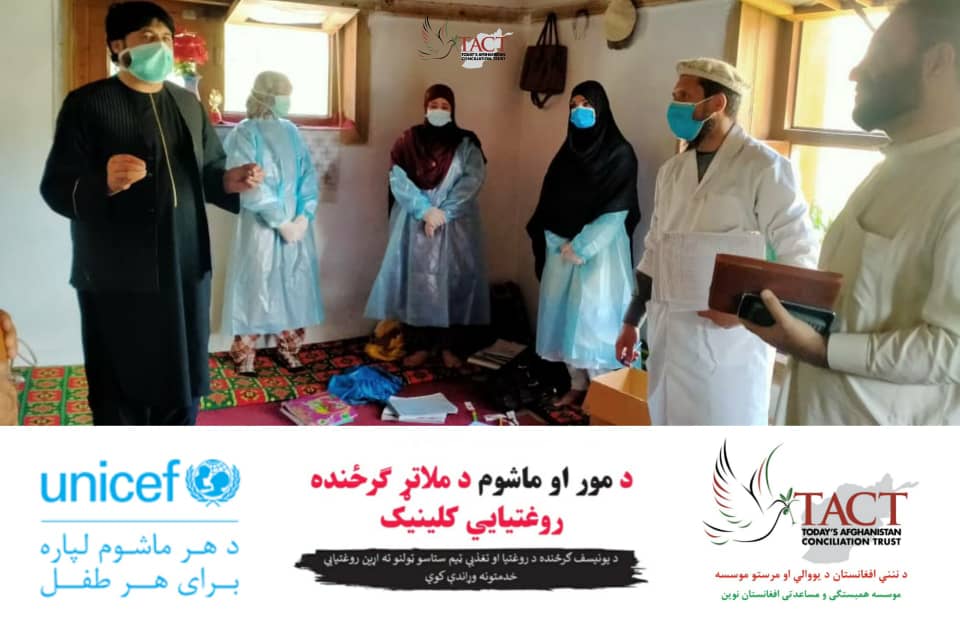Health and Nutrition Services

TACT is partnering with UNICEF Afghanistan for provision of essential and lifesaving Health & Nutrition services for people in need affected by the emergency in Afghanistan through eight health and nutrition mobile teams and health facilities in North East of Afghanistan.
The humanitarian situation in Afghanistan continues extremely difficult, with several causes contributing to food insecurity in the nation, including conflict and displacement, reduced income and unemployment connected to the COVID-19 crisis, and high food costs (IPC Analysis April 2021). The IPC predictions suggest a serious food security scenario, with over 2.7 million people in emergency phase 4 from June to November 2021. The Nutrition Cluster's projections for the year 2021 are equally concerning. This year, nearly one in every two children under the age of five - 3.1 million children - and 720,000 Pregnant and Lactated Women will suffer from acute malnutrition (HNO 2021).
In addition, the socio-economic impacts of COVID-19 led to deterioration in food insecurity. IPC analysis estimates that 12.2 million people are in crisis or emergency levels of food insecurity, this led to increase in food prices.
More than 14.5 million people need health care assistance in 2021, without it, additional 112 U5 deaths/day, and 55 neonatal deaths/day are estimated to occur due to reduction of health and nutrition service coverage caused by humanitarian crisis.
The expected drought and displacement will have a significant impact on the nutrition and health of the most vulnerable populations. In addition, due to suspension of key donor funding to BPHS/EPHS service due to transition in power, health system is in the risk of collapsing, and essential health service might become unavailable for population in need.




